Halifax Security Forum Urges Democracies to ‘Stand Together’ on China
The Halifax forum recently announced it will hold an assembly in Taiwan for the first time from Jan. 21 to 23, 2022—just weeks ahead of the Beijing Olympics.
Read More
The Halifax forum recently announced it will hold an assembly in Taiwan for the first time from Jan. 21 to 23, 2022—just weeks ahead of the Beijing Olympics.
Read More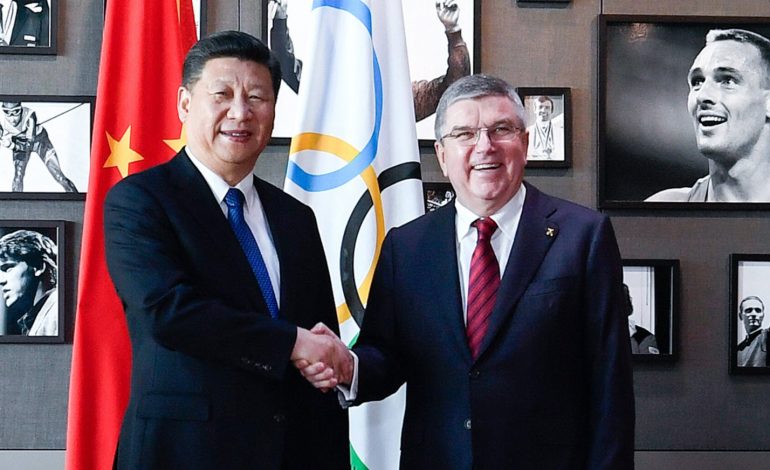
The IOC has vaulted itself from silence about Beijing’s abysmal human rights record to active collaboration with Chinese authorities in undermining freedom of speech and disregarding alleged sexual assault
Read More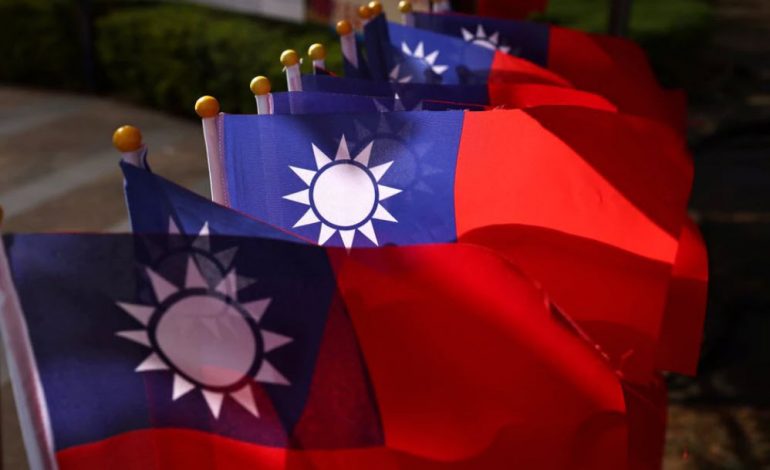
Taiwan firms operating in China need to draw a line between themselves and independence supporters
Read More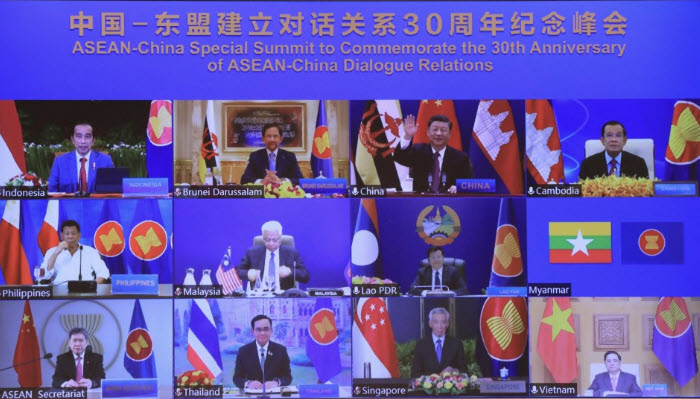
China is believed to want a code of conduct that will include a provision intended to curb U.S. intervention in the South China Sea.
Read More
Also, this year it banned uranium mining, effectively halting development of the Kuannersuit mine, one of the world's biggest rare earth deposits, which is partly-owned by a Chinese company.
Read More
A new wind tunnel is intended to further develop the technology, which pushes the bounds of physics
Read More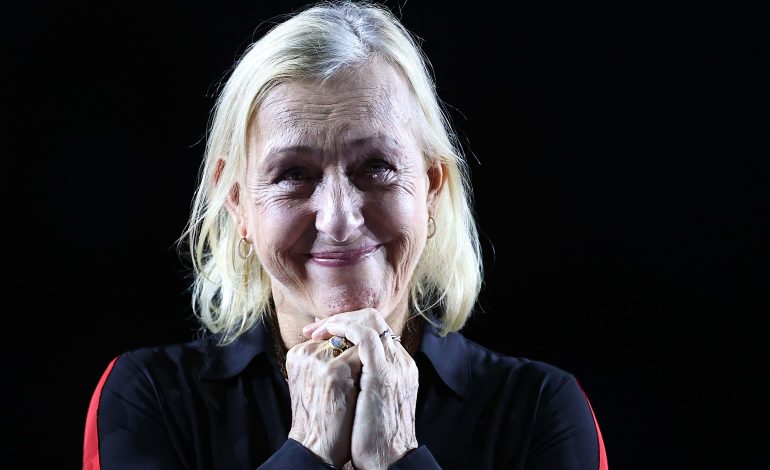
Katerina Siniakova, she stood in front of Martina Navratilova at the trophy ceremony and spoke about the 32nd anniversary of the Velvet Revolution, a series of demonstrations that ultimately helped bring down the communist, non-democratic government in Czechoslovakia that Navratilova was forced to escape from in 1975. “Thanks to them and their sacrifice, today my generation can live in a beautiful country back home and live without any restrictions and also with freedom,” Krejcikova said as Navratilova wiped away tears in the background.
Read More
The Chinese Communist Party’s interests and influence inside Americas state and local governments.
Read More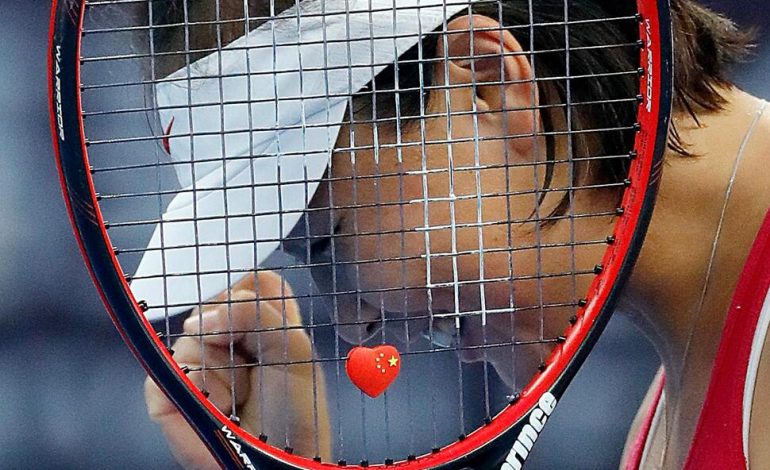
The disappearance of tennis star Peng Shuai in China following her accusation of sexual assault against a former top Communist Party official has shined a spotlight on similar cases involving political dissidents, entertainers, business leaders and others who have run afoul of the authorities. China says it is a nation “ruled by law," but the Communist Party ultimately holds sway and there are large gray areas of enforcement. Control over the press and social media allows authorities to keep word of disappearances quiet and to stonewall critics, although such news often gradually surfaces through underground and foreign sources. Among Chinese celebrities in the entertainment world, tangling with the authorities can be a career killer. For business leaders, it can mean a loss of status, market access and possible incarceration. With political dissidents, it often means disappearance into the vast security state, without access to family or legal recourse.
Read More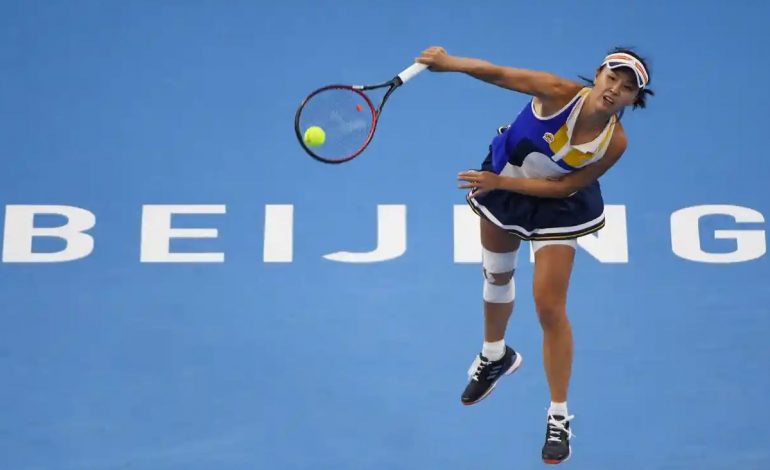
On 2 November Peng posted a lengthy statement to Weibo, China’s Twitter-like social media platform, in which she accused the country’s former vice-premier, Zhang Gaoli, of sexually assaulting her. Advertisement Peng said she and Zhang, now 75, had for several years had an on-off extramarital “relationship”. Peng said Zhang had stopped contacting her after he rose in the ranks of the Communist party, but about three years ago invited her to play tennis with him and his wife and then sexually assaulted her in his house.
Read More